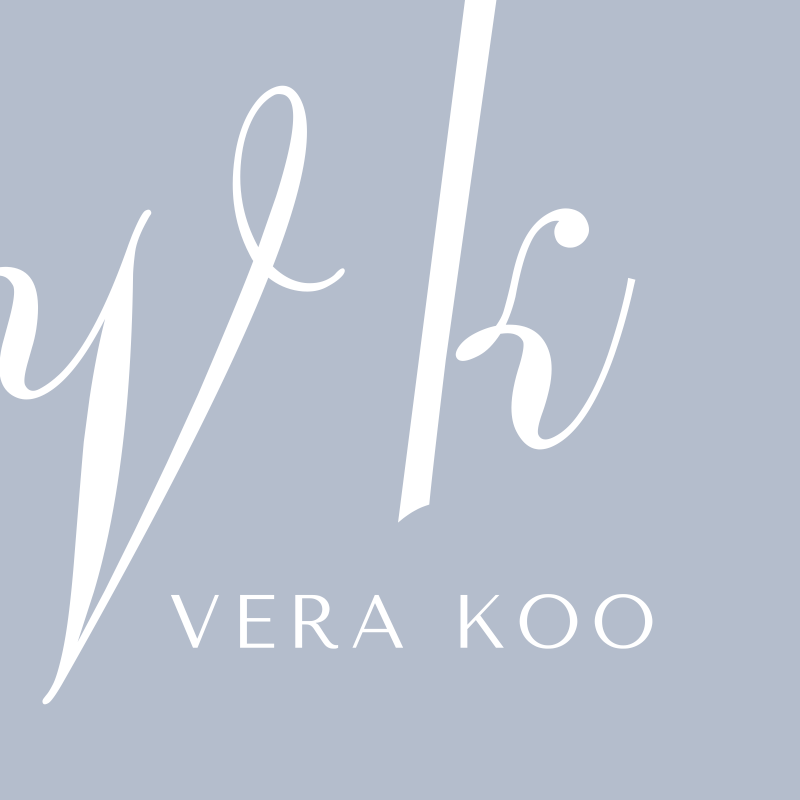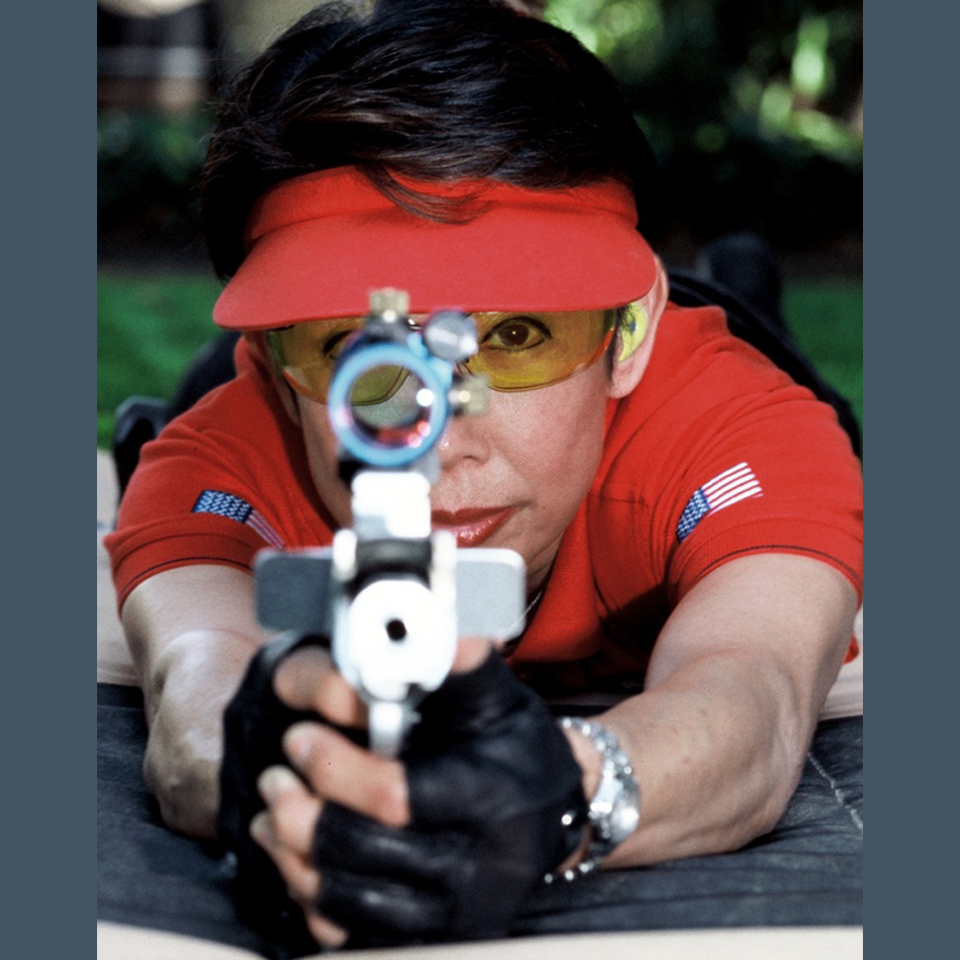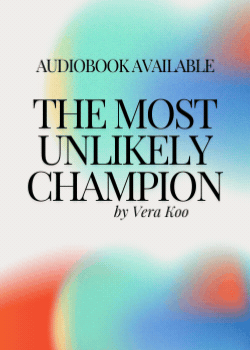Vera Koo is a 67 year old Chinese American world champion shooter. She is an eight-time Bianchi Cup women’s champion, and also holds two World Woman Championship titles – one at the Bianchi Cup and one at the World American Handgunner’s Man-on-Man Shoot Off. Vera hails from the Bay Area in California, and started shooting at the age of 45.
Welcome to The Firearm Blog, we are delighted to have you. So let me start off by saying that I think it’s fantastic that you started shooting at a later age in life. I think it inspires people to know that you are never too old to start new adventures in life.
One of the problems I see in our sport is getting new people involved. Tell us how you got involved in shooting, and if you have any advice on how we can continue to get new gun owners?
I was extremely afraid of guns. So I decided to take a handgun safety class at a community college. I ended up taking the beginner’s class, the intermediate class, and the advance class. I had gotten the instructor’s permission to repeat some of the classes. Therefore, I was at De Anza College for a total of seven quarters learning gun operations and gun safety. The classes provided the guns and ammo. I learned with the revolvers and then the semi-auto guns. The instructor competed in bull’s eye matches, so I learned from him all the great basics that enabled me to climb in the ranks of the competitions that I had later participated.
Tell us about your gun and gear, why did you choose the gear you use?
My choice of guns and gears had been the fact that they performed well for me and sponsors have given me tremendous support. My open-class bianchi pistols have been built around Caspian frames by Don Golembieski (Kodiak Precision) and Garth Peterson (Nowlin Custom Guns). And now a former Indy race car crew chief George Huening (www.gh2custom.com) is presently working on my newest build.
I use custom loads from Atlanta Arms & Ammo and Load-X Company with Vihta Vouri N320 powder, Hornady 115gr XTPHP bullets, Federal small pistol primers and Starline brass. My shooting accessories include an Aimpoint CompC3 red dot, Warren Moore mover mount and a Gilmore shroud with wings, hearing protection by ProEars and electronic hearing system by Profit.
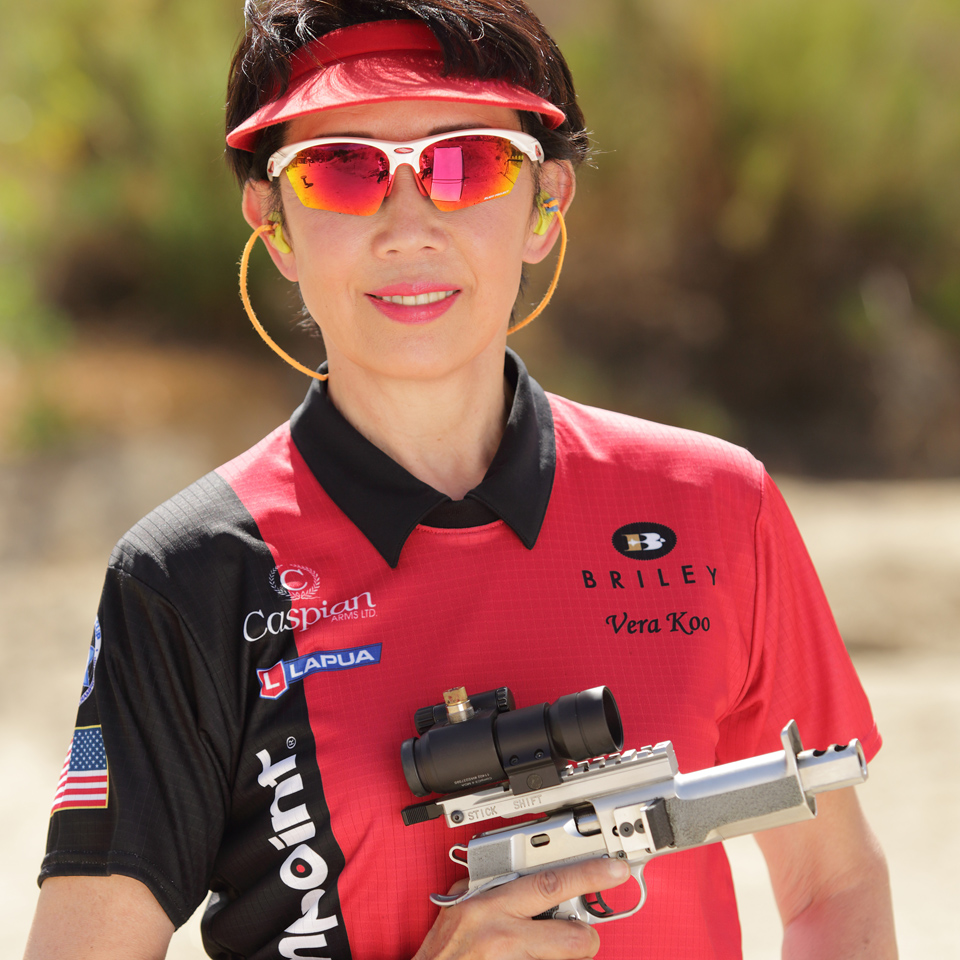
I’d like to chat with you about your “warrior” mentality. I think this is such a huge key to your success. Anyone who competes in any sport understands the technical skills you must build, but some athletes neglect the mental aspect of competition. Tell us a little bit about this warrior mentality, and what tip could you give to someone who wants to build their own warrior mentality?
The warrior mentality is how you face your fears and challenges in your life. That is what you will bring to your game. Ultimately what you are and who you are will all show up in your match.
Clear focus is critical in your performance. Determination and perseverance through obstacles are essential, so are the conservation of your physical and spiritual energy. Therefore, your intake of food in the amount and the timing, and the amount of sleep prior to the match are important. Roughly 20% of the calories you consume is used by the brain. Sleep will increase the sharpness of your focus. Being physically fit will increase your mental stamina during the match. A meditation practice will help you remain centered and at peace with the world.
The ability to lick your wounds after a battle is the will to pull yourself together after you have committed a major mistake on the first day of the competition. Self reliance is the key.
The belief in yourself will help you stand up after a major fall, and of course, thick skin will help you from the awful embarrassment that you fear.
For most of us, the shooting sport is a safe haven for self discovery. No matter how awful you feel about your last performance, you can still go back to your home, your family, and your job. Nothing has changed for you in your life after the match, except that you can come back and do the next match better. The hope is that you have learned your lessons well from your last match.
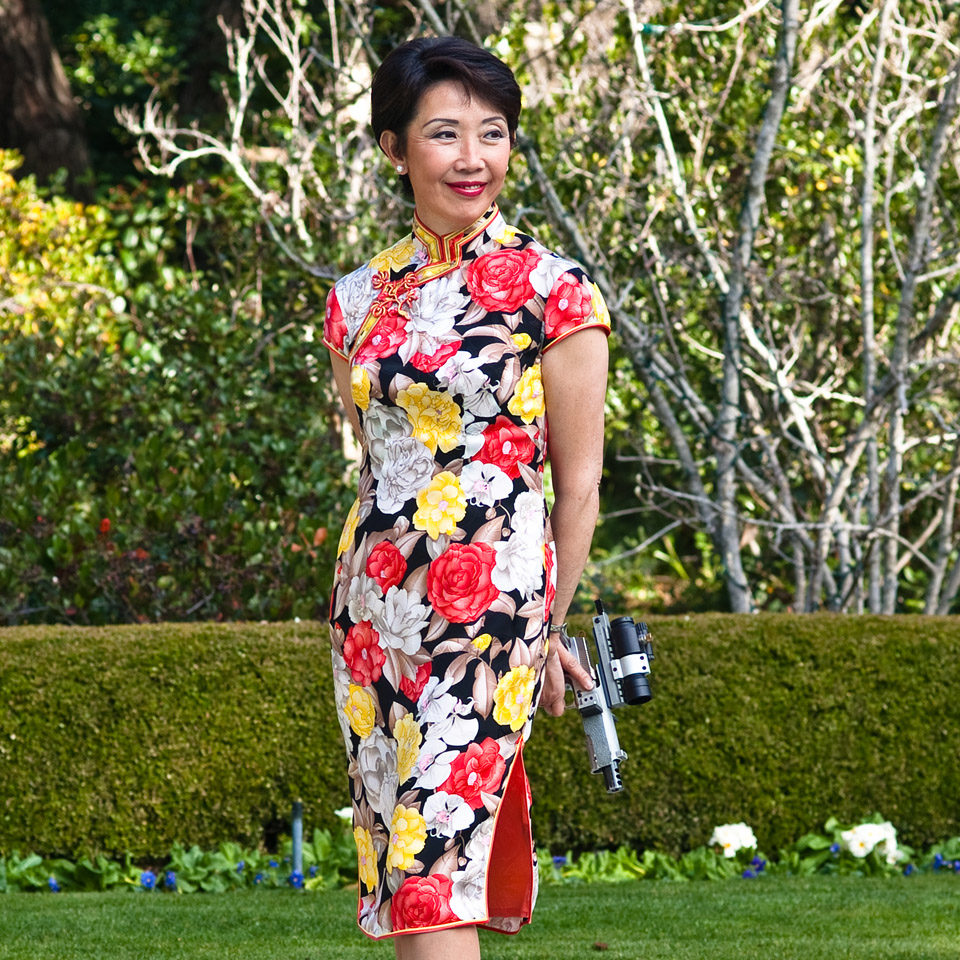
That leads us to the story about breaking your leg right during a practice session for the 2013 Bianchi Cup. You really showed some grit and tenacity getting through that experience. Tell TFB readers about how you went about rehabilitating yourself, particularly your diet.
I was doing exercise to maintain my upper body strength right after the surgery on my lower right leg, of which the surgeon had installed a titanium rod the length of my lower leg with six screws stabilizing the rod in my bone. With another two screws into my ankle because I had chipped a fraction of my ankle bone also.
I realized from the onset after my injury that I will need to work very hard to rehabilitate in order to walk again. I was diligent with all the instructions that my doctor and physical therapist prescribed to me. They told me that I had recovered in remarkable time.
I followed a remedy that the Chinese culture had practiced. That is to recover from serious injury, one needs to sleep plenty, eat plenty, and take appropriate medicines. I did the first two faithfully.
My husband had been a huge help in feeding me with big meals every day to help me recover. I consumed approximately 4,000 calories a day for the first two and half months after my surgery.
I would have eggs, bacon, and pancakes or a huge bowl of oatmeal with nuts and fruits for breakfast, for both lunch and dinner, I would eat a 14oz New York cut steak or salmon steak, with a large sweet potato, two cups of broccoli, carrots and cauliflower. For snacks, I would have chocolate chip cookies, cakes, and lots of fruits. A lot of my friends would cook special soup and pigs’ feet to help me heal too.
After a while it seemed eating became like work, because I was continuously eating throughout the day. I was working to get my strength back.
I can honestly swear by the food that I had consume for bringing me back my “CHI”.
All that steak! Incredible. If I ever break a bone, I think I’ll go on the Ribeye prescription. We can call it the “Vera Koo” diet. Walk us through what goes through your mind in the minutes leading up to you shooting a stage.
I would breathe deeply a few times, warm up my muscles, do some stretching, check my equipment, and I think of nothing. I keep quiet and avoid talking to anyone before I step up to the line to shoot. I realize that I need to focus on what I need to do, and nothing else. I try not letting my mind wonder. In fact, before I step up to the line, I don’t make eye contact with anyone. I am in my own world.
You’re writing a book. Give us the sales pitch!
I know that if I learn all my life lessons first hand myself, I would have a much battered body and mind when I reach a certain age. So I learn by observing other people’s life lessons.
The book I am writing is about sharing my life lessons with others. It reveals the side of me that most people do not know. I believe my story will be inspirational to many people who encounter difficulties in their lives, people who are at the cross road juncture, or people who are trying to find meaning in this universe.
Thank you so much for spending some time with us today, Vera. We here at The Firearm Blog are huge fans of yours. Keep winning!
Read original interview, written by Chris Cheng, at thefirearmblog.com.
